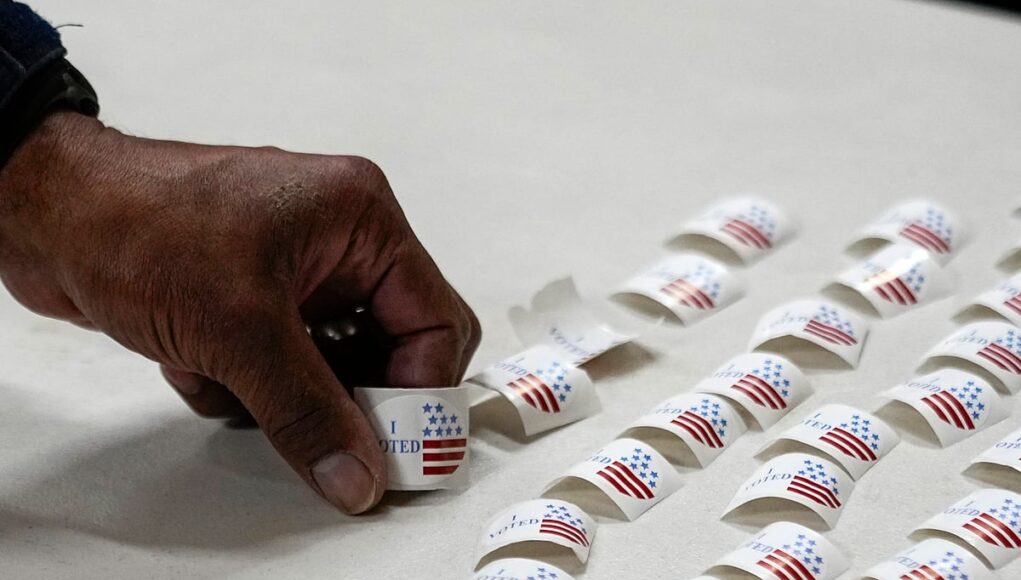Source : NEW INDIAN EXPRESS NEWS
Roman Palomares, president of the League of United Latin American Citizens, a nonpartisan plaintiff, said Thursday the judge’s decision was a “victory for voters.”
“Efforts to silence the voice and votes of the U.S. electorate must not stand because our democracy depends on all voters feeling confident that they can vote freely and that their vote will be counted accurately,” he said in a statement.
Representing the Democratic plaintiffs, Branch said in a Thursday statement that “this fight is far from over” but called the ruling a “victory for democracy and the rule of law over presidential overreach.”
The chairs of the DNC, Democratic Governors Association and Democratic committees in Congress said if the judge hadn’t ruled in their favor on citizenship proof, “Americans across the country — including married women who changed their last name and low-income individuals — could have been unable to register to vote.”
The Justice Department’s Civil Rights Division said it was disappointed by the ruling.
“Few things are more sacred to a free society or more essential to democracy than the protection of its election systems,” said Harmeet Dhillon, assistant attorney general for civil rights.
Donald Palmer, chair of the EAC, a defendant in the case, said his office was still reviewing the ruling and opinion “but we will comply with the Judge’s decision.”
The judge’s decision comes as state and local election officials from across the country are meeting to consider the implications of Trump’s executive order on their work.
The U.S. Election Assistance Commission’s Standards Board, which was holding a public hearing in North Carolina on Thursday, is a bipartisan advisory group of election officials from every state that meets annually.
Meanwhile, other lawsuits against Trump’s order are still pending.
In early April, 19 Democratic attorneys general asked the court to reject Trump’s executive order. Washington and Oregon, which both hold all-mail elections, followed with their own lawsuit against the order.
The U.S. differs from many other countries in that it does not hold national elections run by the federal government. Instead, elections are decentralized — overseen by the states and run by thousands of local jurisdictions.
SOURCE :- NEW INDIAN EXPRESS






